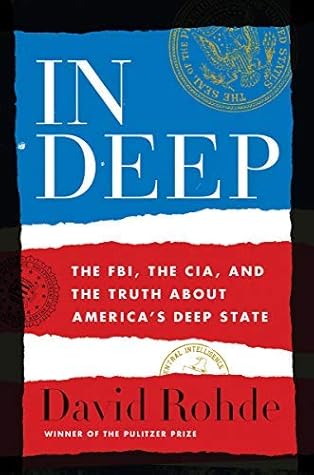More on this book
Kindle Notes & Highlights
by
David Rohde
Read between
August 21 - August 27, 2020
They contend that a healthy tension exists between elected officials who often rush to implement policies and civil servants who often prefer caution. The result, they argue, is better policies. Some experts argue that career civil servants, like the press, represent an additional “check and balance” that helps prevent abuses by the executive, legislative, and judicial branches.
they defend, try to grow, and strengthen. They fight other government agencies for turf, budget, and influence. Civil servants are part of what I will call the “institutional government,” a term chosen for its relative neutrality.
Whatever the merits of the probes, Democrats found that investigating waste and abuse by military contractors in the Iraq war damaged George W. Bush and energized liberal voters; Republicans, in turn, found that investigating Benghazi and Hillary Clinton’s emails damaged Clinton and energized conservatives. At the same time, news organizations searching for sustainable business models have found that partisan coverage draws large and loyal audiences. Online, controversy and conspiracy travel farther and faster than nuance.
Since 9/11, the American presidency has grown ever more powerful, with both Republican and Democratic presidents embracing executive power when faced with national security threats or partisan gridlock.
American history shows that the concentration of power—combined with secrecy—is a recipe for abuse. The continued pursuit of executive power by presidents is a route to authoritarianism.


